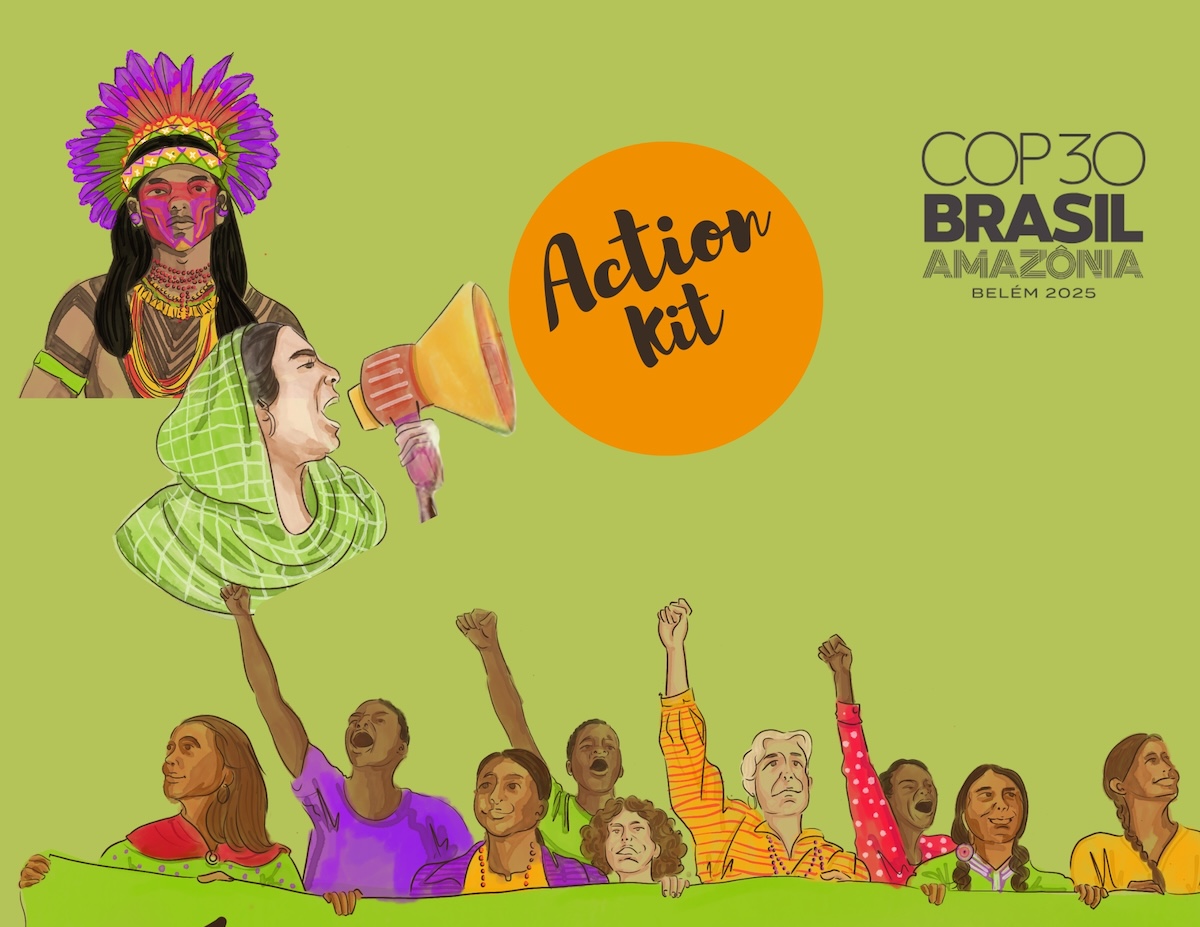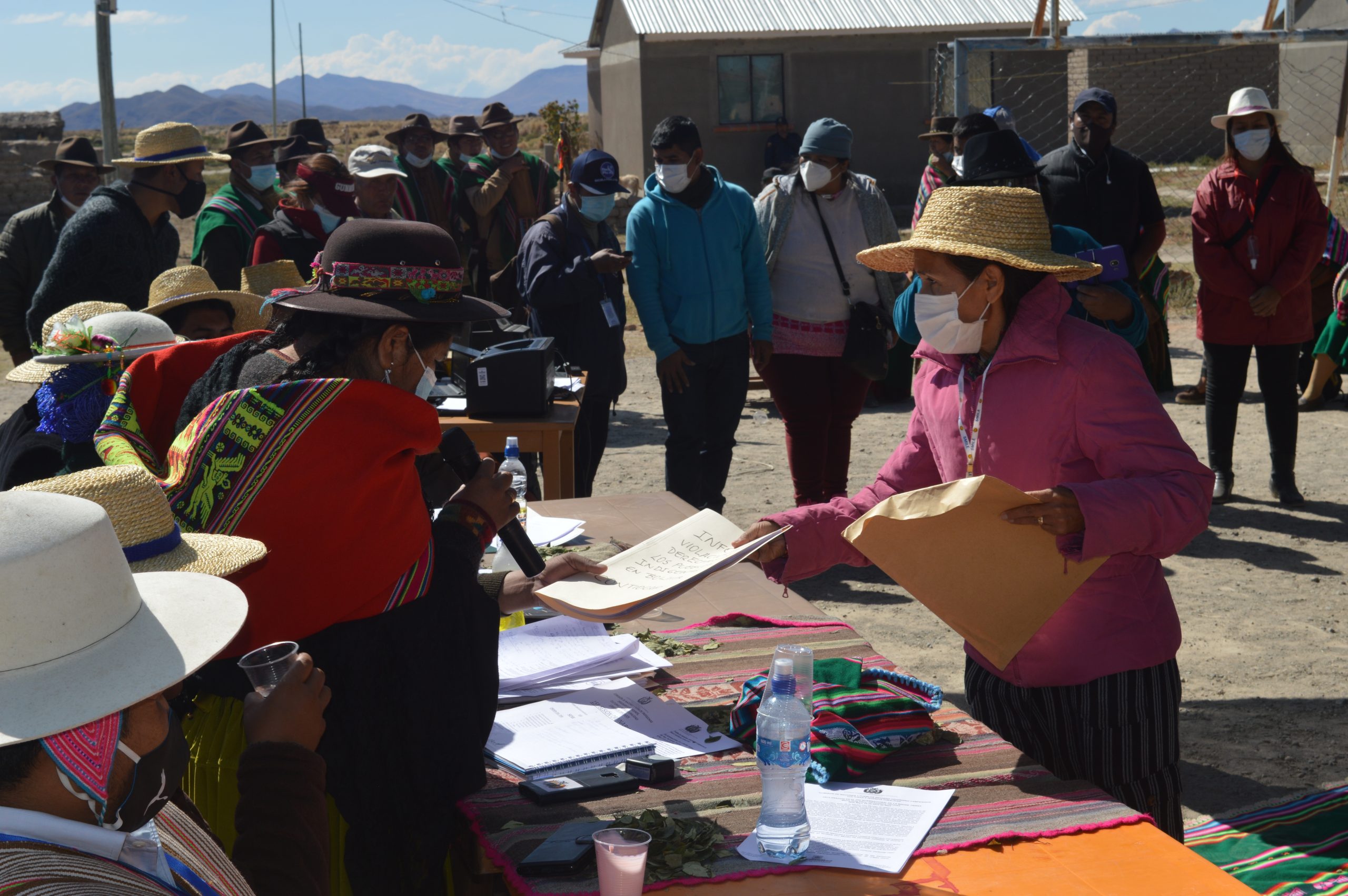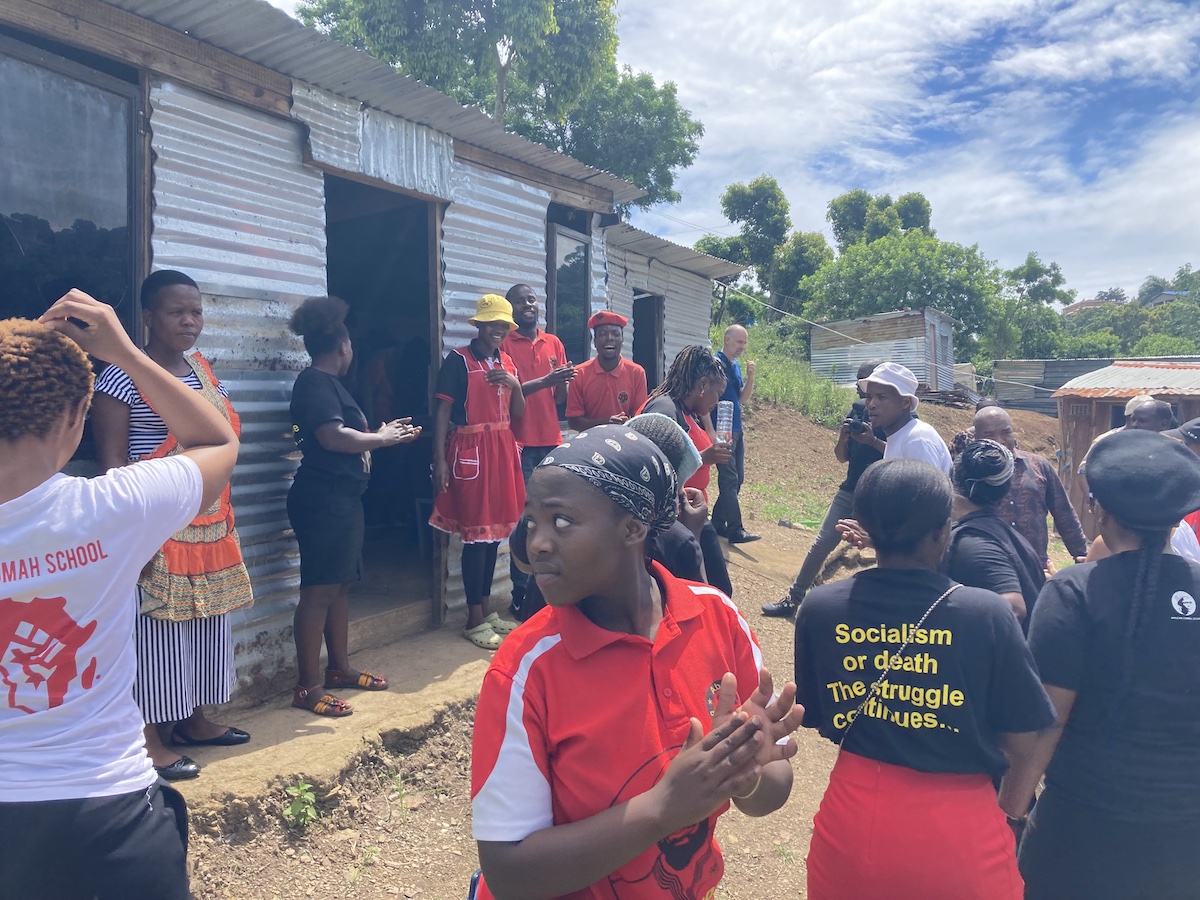In many countries, communities are systematically left out of the data that shapes policies, budgets, and development plans. Official data—collected by states and public authorities—often overlooks the lived realities of people most affected by inequality, discrimination, and rights violations. This gap undermines the promise of human rights.
To close this gap, ESCR-Net members have been advancing strategies to ensure that communities can meaningfully participate in data processes. The new data brief, Making Communities Count: ESCR-Net Members’ Experiences with Strengthening Communities’ Participation in Official Data, highlights lessons and practices from around the world




